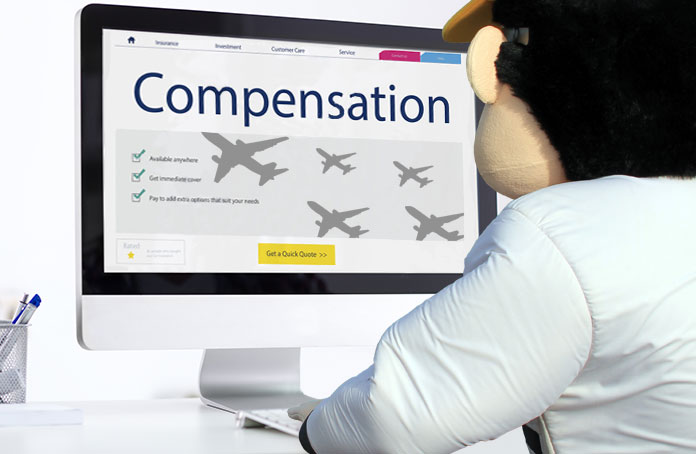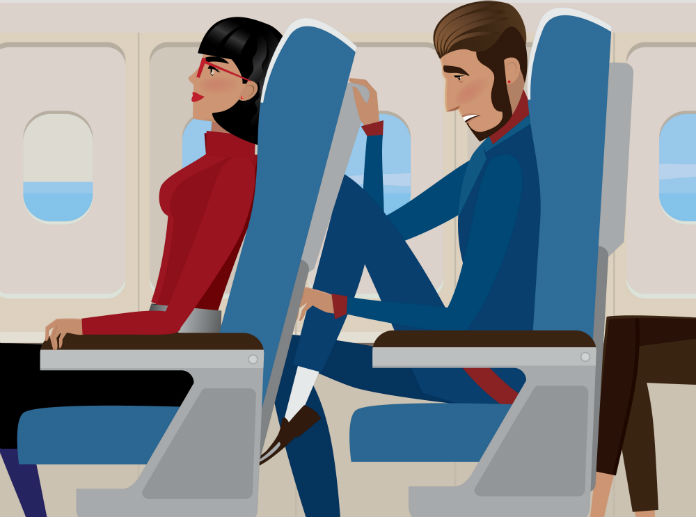When you’re going away, you don’t want to think about things going wrong.
But unfortunately, not every trip goes smoothly, and that’s where compensation steps in.
Although money can’t fix a delayed flight or missing luggage, it can help ease the pain of being inconvenienced when you’re supposed to be having the time of your life.
From what to do when your flight is delayed, to how to deal with lost, delayed or damaged luggage, here’s your complete guide to holiday compensation.
Flight Compensation – Everything You NEED to Know
The last thing you want to ruin your holiday experience is to deal with some sort of flight disruption.
But if you are a victim of flight disruptions, you need to know where you stand when it comes to compensation.
What Are the Flight Compensation Rules?

If you’re delayed by more than three hours, or your flight is cancelled, you’re entitled to up to £530 according to Flight Compensation Regulation 261/2004. This is a regulation for EU-regulated flights, so it applies to any flight departing from an EU airport and when an EU airline lands in an EU airport.
Basically, your departing flight should be covered, but your incoming flight will only be covered if it’s with an EU-based airline.
However, because these rules come from the EU, they only apply to the UK until March 2019. After that time, it’ll be up for review, so stay sharp!
How Much Am I Owed When My Flight Is Delayed?
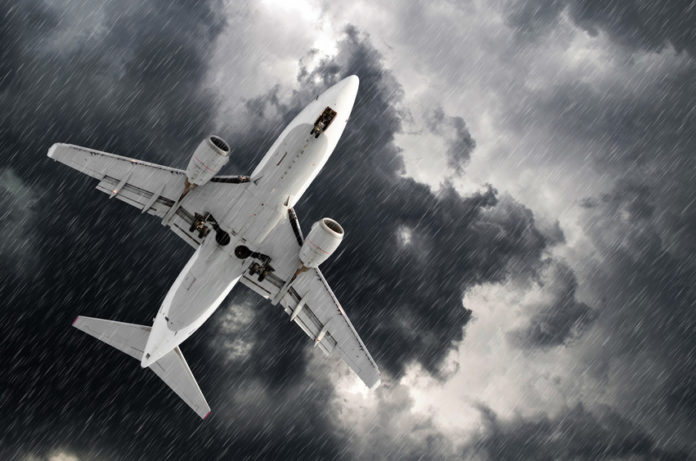
The maximum compensation for a disrupted flight that you can get is £530 (€600), which is determined by a number of factors.
Distance, length of disruption and if the disruption was a delay, cancellation or overbooking all determine how much you are owed.
Whilst disrupted flights can provide some compensation, airlines are also required to provide customer care during the delay which includes:
- Food and drinks
- Arranging a temporary place to stay if your flight is on a different day and transport to said accommodation
It’s important to remember that if your flight is cancelled (or you’re offered an alternative route around the same departure time) and you’re notified 14 days or more prior to the scheduled flight then there will be no compensation entitlement.
What If Flights Were Delayed Due to Extraordinary Circumstances?

According to EC261, airlines do not have to provide compensation for disrupted flights if they’re disrupted due to all within extraordinary circumstances. Regardless of the circumstances, airlines are still required to provide one of the following:
- a ticket refund (in full or for the part you couldn’t use)
- the soonest possible alternative transport to your final destination
- a new ticket for the later date of your preference, subject to seat availability
Often airlines will try to deem the majority of disruptions as ‘extraordinary’ however it’s encouraged that you keep challenging because they are only let off if the weather conditions are extremely unsafe, if employees are on strike, or if there is civil unrest.
What About Connecting Flights?
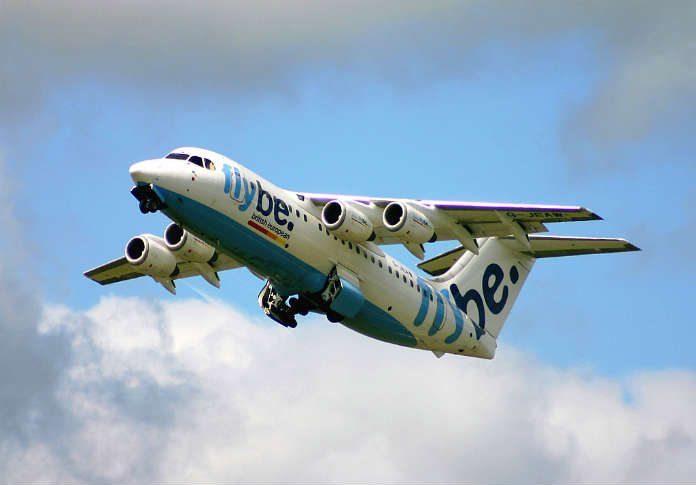
Connecting flights are generally the same as direct flights, except for one key difference:
As connecting flights involve multiple flights and airlines, as well as stops inside and outside of the EU, your eligibility for compensation changes.
Whether you’re on a direct or connecting flight, your eligibility for compensation under EC 261/2004 requires that your starting place is within the EU or the final destination be located in the EU with an EU airline.
Additionally, for connecting flights, your eligibility for compensation due to delay, cancellation, or overbooking depends on the total delay en-route to your final destination.
The term “final destination” applies to the final destination of your flights with one airline. If your connecting flight is with a different airline, then that flight is perceived as being separate. In that case, each individual flight has its own origin and final destination to which these laws apply.
How to Claim Compensation for Lost, Delayed or Damaged Luggage
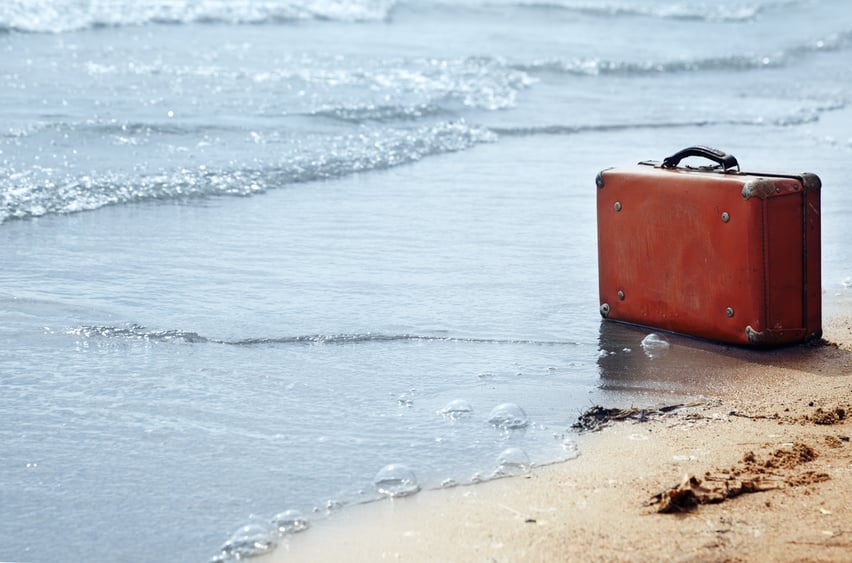
According to Which?, lost, delayed or damaged baggage is the second most frequent source of complaints from airline passengers.
And it’s easy to see why.
As well as being inconvenient, losing your luggage can be costly.
The Montreal Convention states that your airline is legally responsible for your checked in luggage. Air passengers are legally entitled to claim compensation for lost luggage.
However, the liability of the airline is limited and valuable items are best carried in your cabin luggage or declared in a special “declaration of interest.”
Here’s what to do if your checked-in luggage has been mislaid or damaged.
Act Quickly

You should report any problems to the airline as soon as possible — a deadline of 7 days often applies. Luggage is deemed to be lost after 21 days and you must make your claim within 7 days of this date.
After you have reported the problem, you will normally have to make a separate claim for compensation.
The airline’s customer services in the baggage claim hall will provide you with a PIR (Property Irregularity Report). Completing this will help to speed up your compensation claim.
If you have home contents insurance or travel insurance that provides cover for lost or damaged luggage, it is often quicker to make a claim through your insurance company. Plus, you could end up with more money than by claiming from the airline.
MoneySavingExpert points out that most travel insurance policies carry an excess and usually have a deadline for making a claim.
How to Make a Claim After You Reach Your Destination
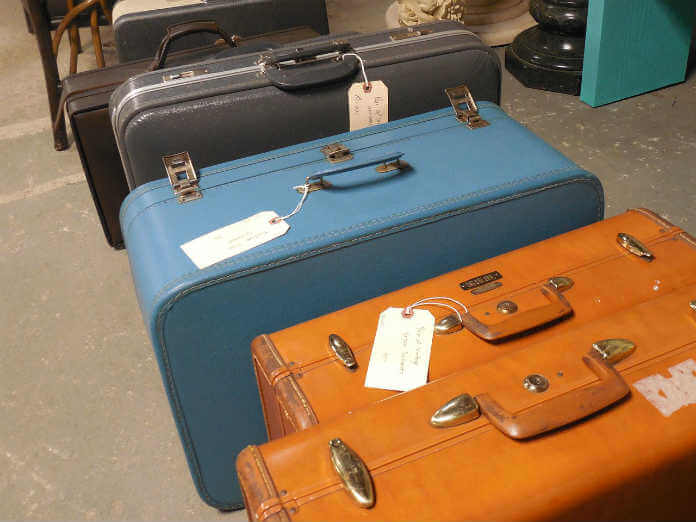
Air passengers can claim compensation for lost luggage either in writing or by emailing the airline’s website. But make sure you receive an acknowledgement!
Retain a copy of the PIR and any emails for your records. You should mention the Montreal Convention and include the details of your flight, the loss or damage you have incurred and how much you are claiming.
If the airline does not support your claim, you can appeal to the CAA (Civil Aviation Authority).
Documents that may be required to support your claim include:
- Luggage labels with the airline’s barcode
- Proof of your claim – your PIR form or a copy of your email
- Photos of damage
- Receipts for replacement items
- Estimates for repairs
How Much Compensation Could You Be Entitled To?

Compensation paid by the airline is usually limited and is likely just to cover the costs of essential items such as underwear and toiletries if your luggage is delayed.
Keep all receipts and be aware that ‘extravagant’ purchases are unlikely to be refunded.
If your luggage is lost, you may be offered part of the cost of replacing the missing items. The maximum compensation an airline is legally obliged to pay is €1131.


